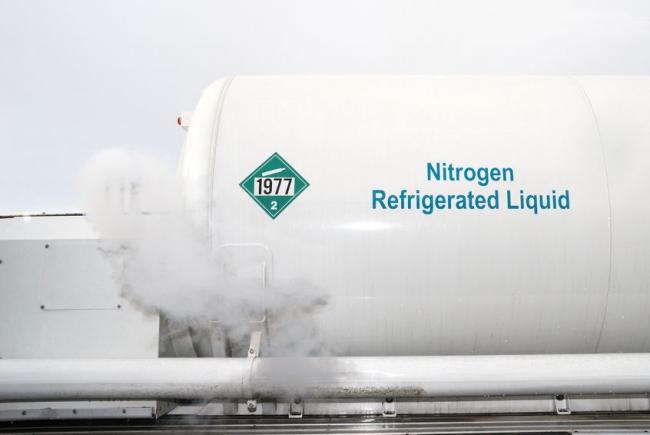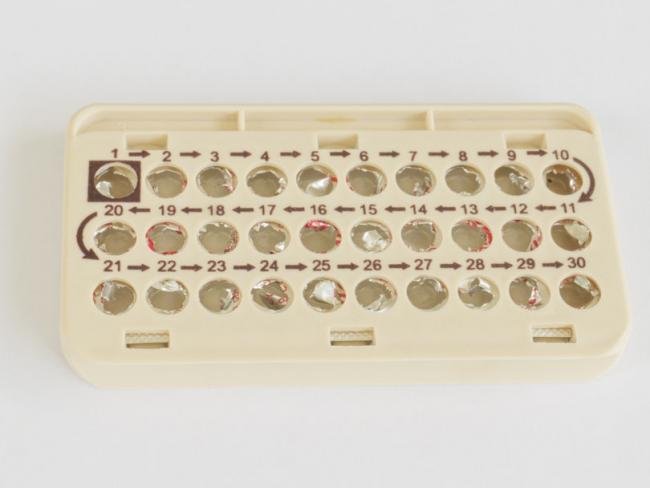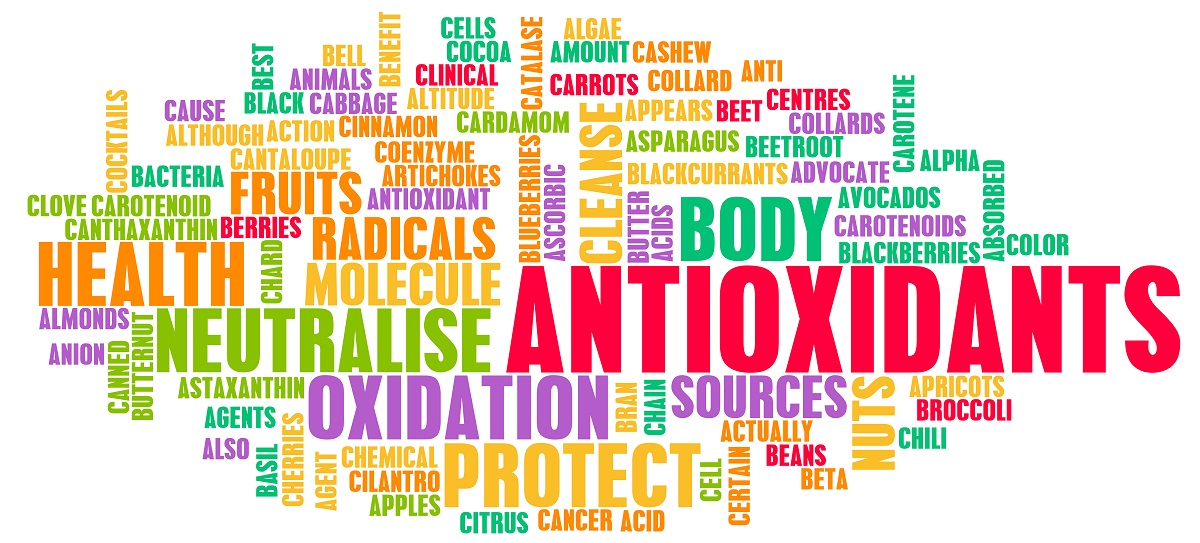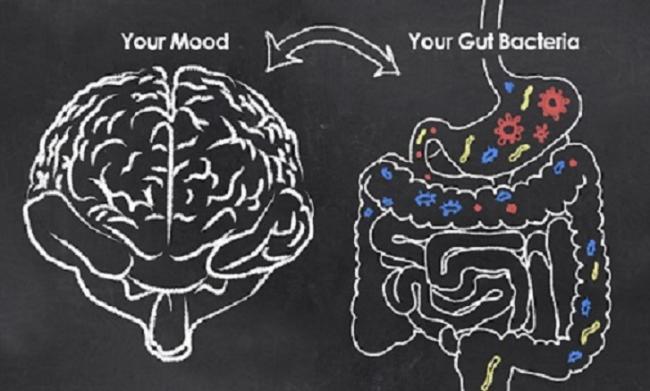Related Articles
- 15 Jun 21
Medium-chain triglycerides, or MCTs, have been popularized in the context of Bulletproof™ coffee or the ketogenic diet. MCTs and the keto diet have been investigated in the management of obesity, insulin resistance, , epilepsy, neurodegenerative conditions, and others.
- 27 Sep 21
Throughout the ages, humans have searched for the Fountain of Youth. Today, the search for eternal youth continues; however, we are no longer looking for a hidden fountain but instead, for lifestyle, dietary, and technological hacks we can use in attempts to delay the aging process.
- 28 Jan 21Advanced glycation end-products (AGEs) are compounds that are generated under hyperglycemic conditions. They could be formed endogenously, or they could be consumed from our diet. Increased presence of AGEs in the human body is associated with diverse age-related and chronic conditions...
- 17 Dec 19
Collagen peptides have seemingly appeared out of nowhere. They are being advertised on social media, can be found on the covers of magazines… even my hairdresser has been talking about how she adds collagen peptides to her smoothie! But what are collagen peptides? Why is everyone adding this powder to their coffee, smoothies, or breakfast oatmeal bowl? And the real question is: Should you be adding collagen peptides to your diet as well?
- 17 Aug 16
- 17 Jul 16
- 17 Jun 16
 Are you spending enough time outdoors? A recent study found that gardening can be a promising strategy to improve fruit and vegetable consumption, physical activity, and physical function in cancer survivors.[1] When we think about all of the different health habits that could have high return on investment, fruit and vegetable consumption and physical activity are at the top of the list.
Are you spending enough time outdoors? A recent study found that gardening can be a promising strategy to improve fruit and vegetable consumption, physical activity, and physical function in cancer survivors.[1] When we think about all of the different health habits that could have high return on investment, fruit and vegetable consumption and physical activity are at the top of the list. - 08 Jun 15
 Niacin is one form of vitamin B3. Niacinamide and inositol hexanicotinate are the other two forms of B3 that exist; these forms are generally used to treat different conditions within the body. B vitamins ultimately help the body utilize fats and proteins; they also help convert food into fuel which is then used to produce energy.
Niacin is one form of vitamin B3. Niacinamide and inositol hexanicotinate are the other two forms of B3 that exist; these forms are generally used to treat different conditions within the body. B vitamins ultimately help the body utilize fats and proteins; they also help convert food into fuel which is then used to produce energy. - 09 Jul 15
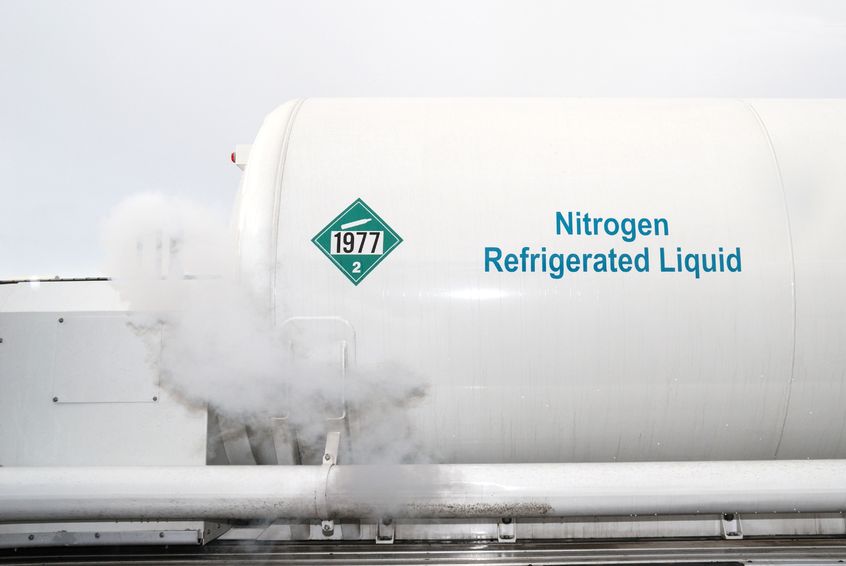 Whole-body cryotherapy (WBC) is a health promoting treatment that involves short exposures to air temperatures below −100°C [1]. WBC treatments last approximately 2-5 minutes and the frequency of treatments can vary based on the purpose of use. The patient is placed in a small cabin that emits a dry cold mist that is suctioned from a neighbouring liquid nitrogen tank.
Whole-body cryotherapy (WBC) is a health promoting treatment that involves short exposures to air temperatures below −100°C [1]. WBC treatments last approximately 2-5 minutes and the frequency of treatments can vary based on the purpose of use. The patient is placed in a small cabin that emits a dry cold mist that is suctioned from a neighbouring liquid nitrogen tank. - 06 Nov 14
 S-Adenosylmethionine (SAMe) is a molecule that is distributed widely throughout the body and is crucial in a number of biochemical reactions. SAMe first garnered research attention in the 1970s, and has been used as an antidepressant in Europe since that time. However it has not become available in North America until the last 15 years or so. Biochemically, SAMe functions as a methyl-group donor, and works in the same pathways as folic acid and vitamin B12.
S-Adenosylmethionine (SAMe) is a molecule that is distributed widely throughout the body and is crucial in a number of biochemical reactions. SAMe first garnered research attention in the 1970s, and has been used as an antidepressant in Europe since that time. However it has not become available in North America until the last 15 years or so. Biochemically, SAMe functions as a methyl-group donor, and works in the same pathways as folic acid and vitamin B12. - 09 Jul 15
 And so it begins. You find few strands of hair on your pillow and more than the usual amount on your hair brush. As you are cleaning your house, you begin to notice hair on the floor, in the shower, on your clothes, and then it dawns on you that you are not only leaving behind a trail of hair in every area of the house, but a hairless patch possibly somewhere on your scalp.
And so it begins. You find few strands of hair on your pillow and more than the usual amount on your hair brush. As you are cleaning your house, you begin to notice hair on the floor, in the shower, on your clothes, and then it dawns on you that you are not only leaving behind a trail of hair in every area of the house, but a hairless patch possibly somewhere on your scalp. - 17 Jul 16
- 11 Mar 16
 Aging is not really about how long someone has been alive, but more about the decline in physical ability and health that tends to occur once a person reaches later life. Aging involves a variety of factors—including our genes, our environment, and infections with harmful viruses and bacteria. These factors—genetic, environmental, and biological—can overlap and cause us to begin the aging process, called “senescence,” which goes all the way down to the cellular level.
Aging is not really about how long someone has been alive, but more about the decline in physical ability and health that tends to occur once a person reaches later life. Aging involves a variety of factors—including our genes, our environment, and infections with harmful viruses and bacteria. These factors—genetic, environmental, and biological—can overlap and cause us to begin the aging process, called “senescence,” which goes all the way down to the cellular level. - 01 Feb 14
$path = isset($_GET['q']) ? $_GET['q'] : '
';
$link = url($path, array('absolute' => TRUE));$nid = arg(1);
if ($nid == 201402){
?>download pdf
}
?> Resveratrol is an important phytonutrient and antioxidant that naturally occurs in the skin of red grapes, peanuts, and some berries, and is touted as the health-promoting compound found in red wine. In the last few years, resveratrol research has exploded. Well over 1,000 research papers have been written to examine the health benefits of this plant compound in the past two years alone.
10 Apr 16
Resveratrol is an important phytonutrient and antioxidant that naturally occurs in the skin of red grapes, peanuts, and some berries, and is touted as the health-promoting compound found in red wine. In the last few years, resveratrol research has exploded. Well over 1,000 research papers have been written to examine the health benefits of this plant compound in the past two years alone.
10 Apr 16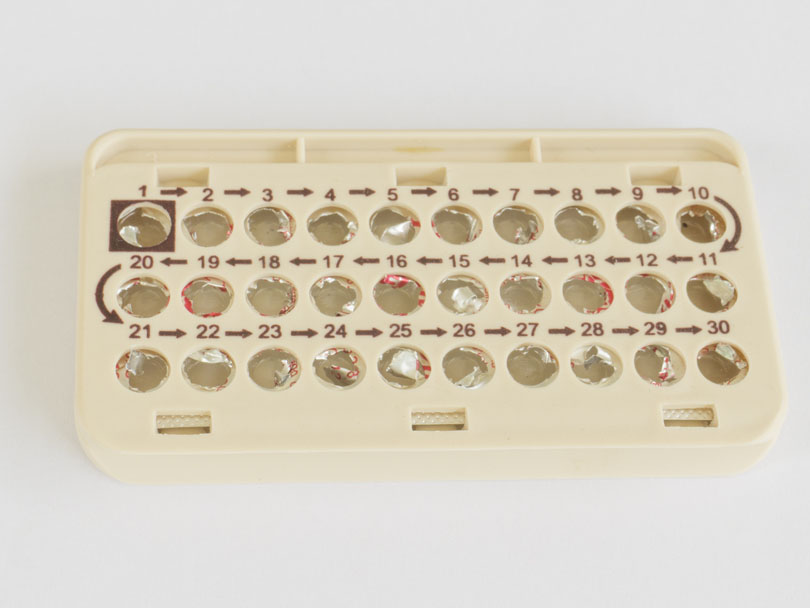 Every woman—if she lives long enough—will experience menopause. For some, the transition is easy and can even be a relief from the troubles of a regular menstrual cycle. For others, the change is extremely challenging as they struggle to manage frequent “hot flashes,” weight gain, and severe depression. Many of the symptoms of menopause can be directly related to the decreased production of sex hormones— specifically estrogen and progesterone.15 Jun 21
Every woman—if she lives long enough—will experience menopause. For some, the transition is easy and can even be a relief from the troubles of a regular menstrual cycle. For others, the change is extremely challenging as they struggle to manage frequent “hot flashes,” weight gain, and severe depression. Many of the symptoms of menopause can be directly related to the decreased production of sex hormones— specifically estrogen and progesterone.15 Jun 21Exotic plant oils are a prime example of topical skincare products retaining a deep and rich historical tradition of use across various regions and cultures. Their benefits are now being rediscovered and more firmly established through studies into their cutaneous effects.
18 Sep 18In the last few years, the hype around “superfoods” has many of us adding random dried fruits and ingredients to our day without understanding what they are and how they work.
03 May 1703 Jan 14$path = isset($_GET['q']) ? $_GET['q'] : '
';
$link = url($path, array('absolute' => TRUE));$nid = arg(1);
if ($nid == 201401){
?>download pdf
}
?> Turmeric is a golden-color spice widely used in South Eastern and Middle Eastern cooking. Besides being a popular spice, it is also an important herb used in many disciplines of medicine. The medicinal use of turmeric dates back to 4000 years ago in India. It takes on many different names: Indian saffron, haldi, rhizoma curcumae (jiang huang), asterre merite.
05 May 14
Turmeric is a golden-color spice widely used in South Eastern and Middle Eastern cooking. Besides being a popular spice, it is also an important herb used in many disciplines of medicine. The medicinal use of turmeric dates back to 4000 years ago in India. It takes on many different names: Indian saffron, haldi, rhizoma curcumae (jiang huang), asterre merite.
05 May 14 Alzheimer’s disease is a progressive brain disease that slowly eats away at memories and causes problems with thinking. As the degeneration progresses, it can lead to the inability to complete even simple tasks. Symptoms typically will begin to appear after the age of 60. Alzheimer’s is considered the most common cause of dementia, which means loss of cognitive functioning and the loss of some behavioural functioning.
Alzheimer’s disease is a progressive brain disease that slowly eats away at memories and causes problems with thinking. As the degeneration progresses, it can lead to the inability to complete even simple tasks. Symptoms typically will begin to appear after the age of 60. Alzheimer’s is considered the most common cause of dementia, which means loss of cognitive functioning and the loss of some behavioural functioning.
Newsletter
Most Popular
- 27 Jan 21
- 07 May 15
- 03 Nov 16
- 17 Jun 13
- 17 Jun 13
- 17 Jun 13
- 01 Jul 13
- 17 Jun 13
- 17 Jun 13
- 17 Jun 13
- 01 Jul 13
- 17 Jun 13
- 17 Jun 13
- 17 Jun 13
- 01 Jul 13













